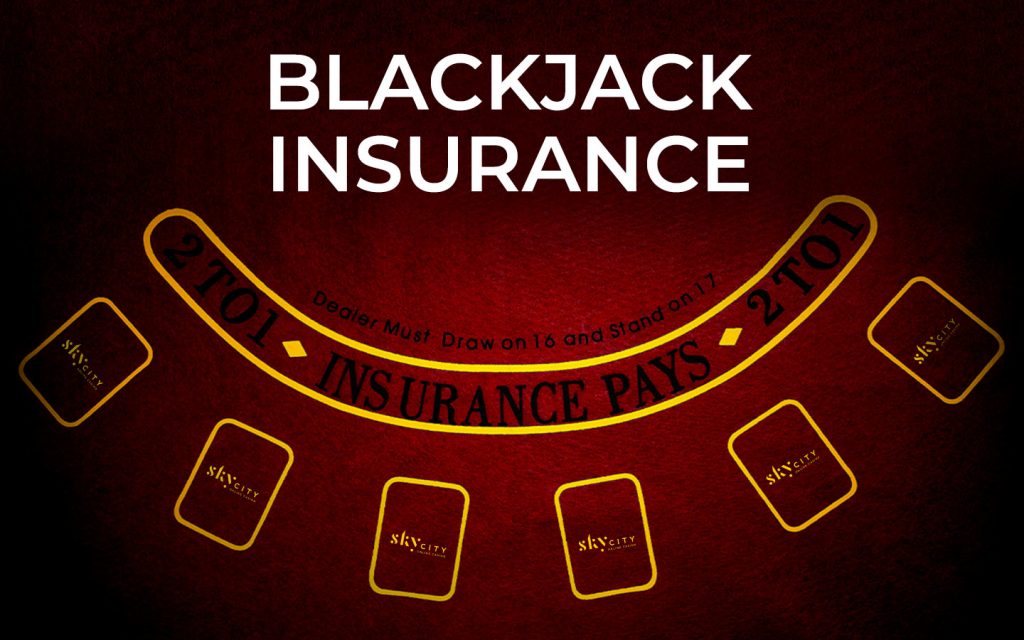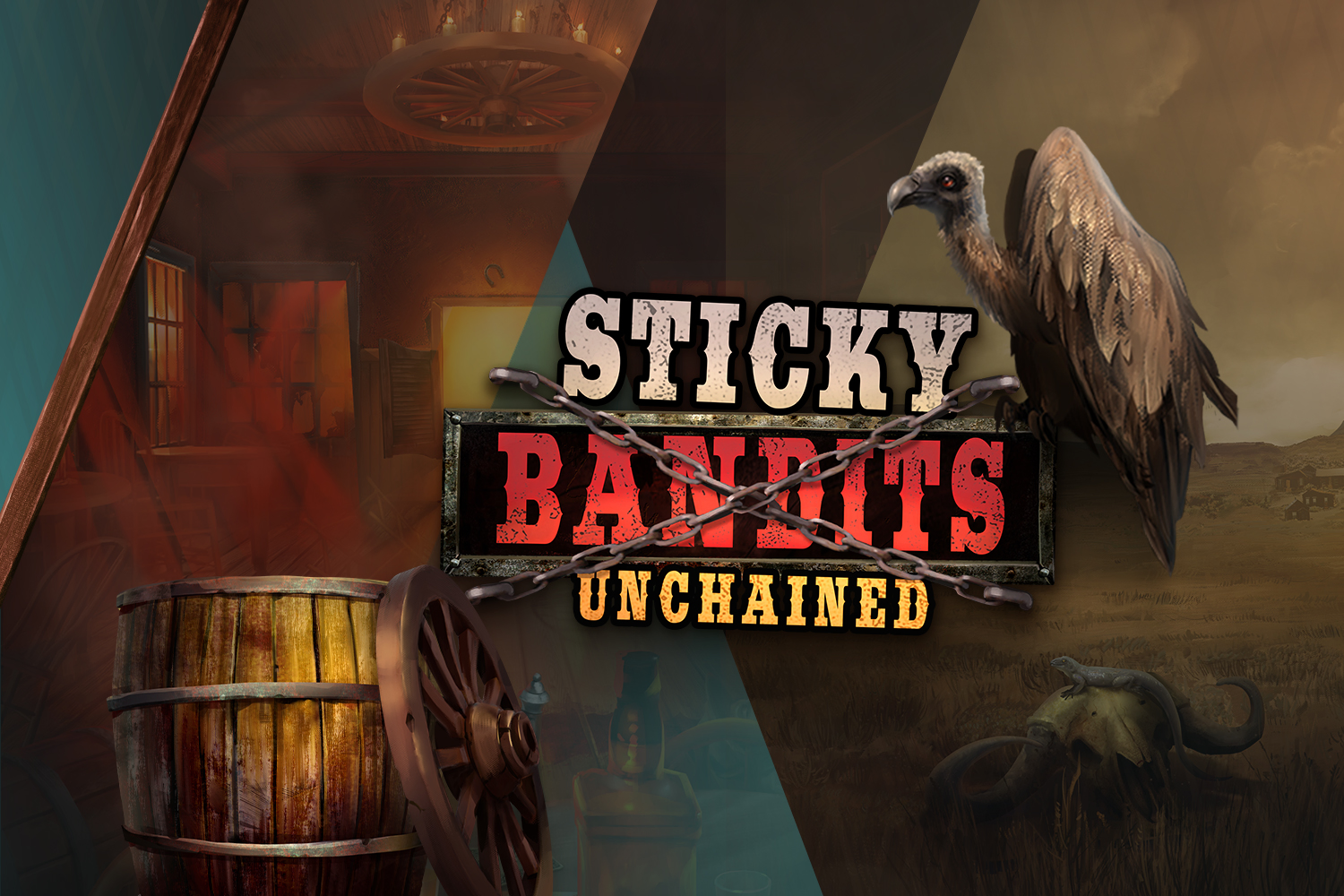Aside from the occasional dispute over card counting, there isn’t much controversy that surrounds Blackjack. The only other topic that’s frequently disagreed on is that of insurance. Different players will take opposing views on whether you should bother taking out insurance, and the best scenarios in which to employ it as a tactic.
Here we’ll answer all the common questions that crop up, making it easy for you to make up your mind.
What is blackjack insurance?
The concept is a simple one. Insurance is a side bet that the dealer offers the player when their single up card is an Ace. The player is insuring against the chance that the dealer’s next card will give them blackjack (21). The player pays extra to cover the losses of their original bet if the dealer turns over their second card and it carries a value of 10.
How do I take out blackjack insurance?
Once players have all been dealt their first two cards, the dealer will offer insurance if their single up card is an Ace. If a player accepts the dealer’s offer of insurance then they’ll need to seal the deal by putting forward chips in the value of half the original wager. If the dealer does indeed have blackjack, then the player still loses the original wager, but wins 2-1 on the insurance wager.
What are the odds on blackjack insurance?
If the dealer has a blackjack hand you will receive 2-1 on your insurance bet. It will essentially recover the bet that you lose to the dealer’s blackjack – but you’ll lose it if they have anything other than blackjack.
But what about the odds of the insurance bet actually working out in the player’s favour? To figure this out you’ll need to calculate the odds of a the dealer turning over a 10 card. The mathematical answer is that if a dealer shows an ace up, there’s just about a 31% chance (based on a six-deck game) that they’ll have a second card with the value of 10.
That means that the odds are always against the dealer, and an insurance bet always favours the House.
Can insurance form part of a successful blackjack strategy?
To answer this question it’s best to use an example. Let’s say you placed $10 bet, and took out $5 on top in insurance against the dealer’s hand.
With insurance, the outcome could be one of the following scenarios:
- A $5 win
- Break even
- A $15 loss
On the other hand, if you decided not to take insurance, there’s only 2 ways it could go:
- A $10 win
- A $10 loss
Logically it makes more sense to opt for a $10 win or $10 loss when the dealer holds an Ace, as opposed to a maximum win of $5 and a potential loss of $15. For this reason insurance can never form part of a successful strategy, both in the short term and in the long term.
The reality is that taking out insurance is merely an additional wager on the event that the dealer has blackjack. If you look at it this way, all the player is doing when they take out insurance is carrying the burden (and risk) of a second bet.
Is there ever a time when I really should take out blackjack insurance?
Sometimes players are tempted to take out insurance if they’ve had a bad run or placed a particularly large bet. If you’re really insistent on going down the insurance route then you should be as certain as possible that the dealer will draw a 10 card.
For players who go by gut feeling, this means taking out insurance if the dealer’s been running hot (logically this is never a good reason). On the other hand, technical players like card counters could realistically have an increased insight as to whether or not the next card is going to be a 10 card. In these (very rare) situations, insurance could be a good idea.





